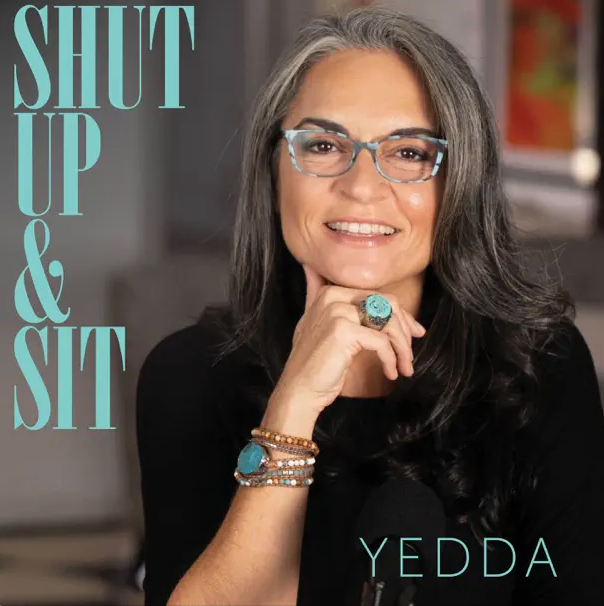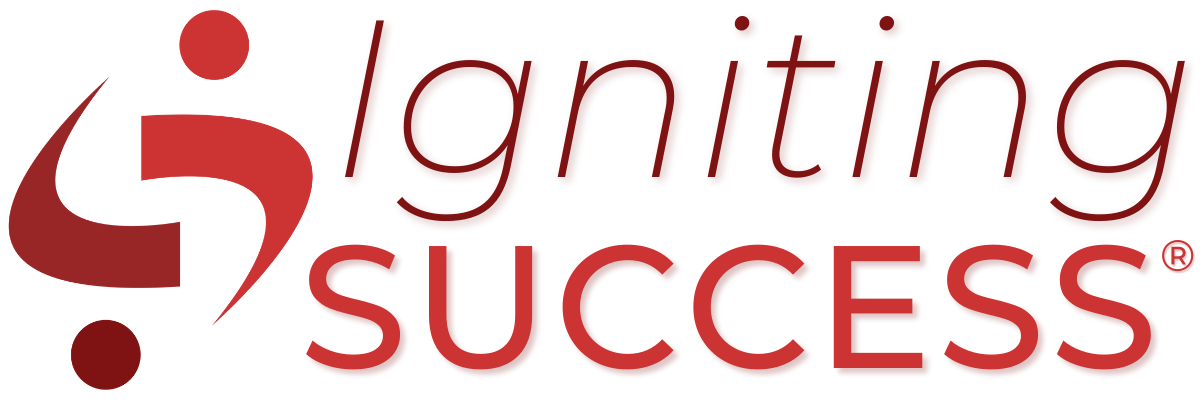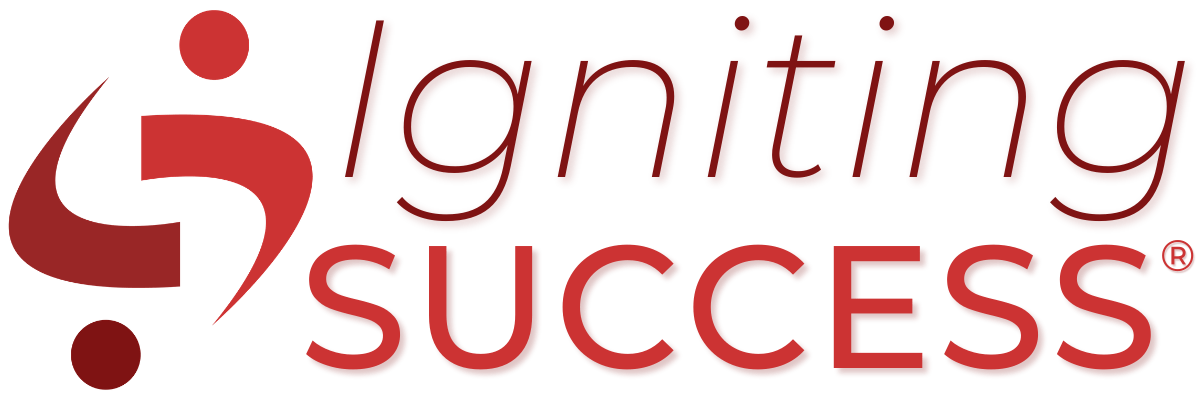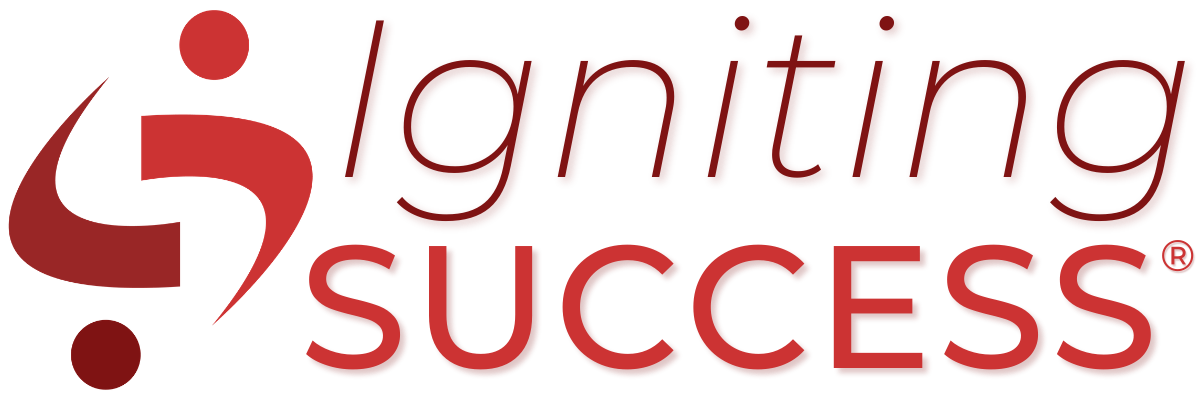Trust Requires Us to Be Adults. Not victims of circumstance. Not rescuers trying to fix or save colleagues relationships, making everyone feel a bit better. Not persecutors who look to place blame and foster shame in others.
We must break out of the Trust Trap that often catches off guard. We may experience it more than we think until we pause to notice that once again, we are trapped in a cycle of unhealthy skepticism and distrust.
Breaking out means we take full responsibility for our role in building a trusting relationship with another.
We hold the belief trust is not someone else’s problem, it is squarely ours.
Trust begins with me.
The condition for trust to exist begins with me.
It doesn’t begin with the other person.
This is what I mean when I say, Trust Requires Us to Be Adults.
One of my memorable experiences of experiencing this idea in real time, was when I served as the Junior League of Richmond’s President-Elect. And in this role, I had responsibility of leading the Management Team. This group of women showed up in every one of our conversations as adults, whether we were celebrating or discussing matters of importance where differing perspectives emerged. The image depicts these women at the close of our year together, circa 2009-2010. It reminds me what it means to own and live out the ideas we’ve been discussing in this article.
To further our conversation, allow me to share a few other insights that can amplify this idea that trust requires us to be adults.
Trust is, first and foremost, something we do individually.
As Solomon & Flores share in their iconic book, Building Trust, “trust is something we make, create, build, maintain and sustain with our promises, our commitments, our emotions, and our sense of integrity. It is our self-perception of our self as a person”.
We may tend to make this thing called “trust” a passive process; one we react to versus actively manage, yet, it is anything other than passive.
Trust is an active process.
Our intention follows what we pay attention to.
We cannot avoid the need to be intentional. It is only when we are intentional and we consciously begin paying attention can we cultivate, repair, and maintain trust. This awareness must be present within every conversation we are in. When we dial in our focus on what is present for us and between us, we can notice what promotes or prevents trust from happening.
We do not make decisions to trust or not to trust.
Trust is not something gifted to us, or we are entitled to. Instead, it is comprised of
1. The way we are being in relationship with others.
2. How we choose to think about that person.
3. How we make meaning of related events.
In fact, it begins with trusting ourself first.
Trust doesn’t just show up, it is something we make and create together.
I invite you to pause for a moment of Executive Reflection.
Consider how well you...
- Keep your promises and see them through or renegotiate them in advance if a delay or breach is evidenced?
- Speak the unspoken* expectations you have of others (and self)? (Those expectations that are “assumed” to be already known.)
- Manage your emotions when trust is broken or when trust is fulfilled?
- Share what is on your mind with care and compassion for self and the others?
- Remain predictable and consistent even during uncertainty?
Distrust of others is often a projection of a lack of own self-trust. This can surface of selfishness, naivete, cynicism -- meaning we expect more than we are willing to give. This takes us back to the Trust Trap -- when we notice we are blaming others and playing the role of the victim repeatedly, we are tipping on the threshold of missing self-trust.
Cordial hypocrisy is real.
Cordial hypocrisy is a widespread subtle cultural practice within families, organizations, and teams.
It is this phenomenon where we might like one another, but we do not trust one another, yet we act as if we do.
We “play nice and get along to go along” out of loyalty or fear to pretend there is trust where really none exists. When we remain silent out of fear, we privately indulge and encourage the ongoing cycle of cynicism and distrust.
It’s the “wall of silence”.
The wall of silence is a filter. It filters what gets in is what they want to hear, what gets out is what they believe to be acceptable and tolerable.
In this organizational climate, no one speaks of the undiscussables. You are only told what others believe you want to hear; not what really needs to be said, because it is safer that way. The wall of silence looks like:
- The Corporate nod
- Wink management
- Whisper campaigns
- Watercooler conversations
- Covering the elephant that is clearly in the room
Cordial hypocrisy left unaddressed, leaves proverbial dead bodies lying around, hidden in plain view. It leaves cultures in disarray, and performance and engagement low. It’s costly in more ways than financial.
Be a commitment to be consciously awareness.
C.T. Hill, retired President and CEO, SunTrust Mid-Atlantic, who I refer to as The Leadership Master, remained diligent in being aware of what others needed and expected. He often reminded his executive teams:
“People want to know 3 things about their leaders before they will follow them.”
1. Are you committed to excellence?
2. Do you care about me as a person?
3. Can I trust you? (e.g., Are you competent, reliable, sincere, and do we share the same care?)
What C.T. was pointing to and teaching can be summed up by Charles Feltman who authored The Thin Book of Trust, 2nd Edition,
Trust requires us to risk making vulnerable something we value to another person’s actions.
If we are committed to building trust and remaining vigilant in deepening our own self-awareness, we can create a Trust Loop and avoid the Trust Trap.
A loop where I understand what my needs and expectations are for how people are (or should be) based on my nature and my upbringing.
A loop where I appreciate that my experiences are informed by my unconscious bias and conscious beliefs. My beliefs and bias inform the actions I take. And my actions generate the results I see, experience, and get.
A loop where I am in control of the experience I have with trust based on who I am, how I am being, and what I choose to take action on.
The next time you are thinking about who you trust and who you don’t trust...consider this these leading with these behaviors. They will help you lead with trust, create an environment where trust can be fostered, and accept trust doesn’t begin with the other person.
T – Tell your truth with compassion and candor (be sincere)
R – Respect boundaries of others and hold yourself accountable (be competent)
U – Understand and appreciate the other’s perspective (be competent)
S – Stay steadfast in thought, action, and deed (be reliable)
T
– Tune in to “why” you care (be caring)
“Trust, like love and freedom, is one of those essential human values that everyone understands--until it comes into question and it is time to put it into practice.”
~Robert C. Solomon & Fernando Flores
Love to hear your thoughts and insights.
To learn more, go to the “The Book” on Igniting Success website and sign up for an advanced signed copy of my debut book Discover the Matrix: Integrity is the Hallmark of Leadership due out in early 2023.
Here’s to Igniting Success (yours and ours) and living a life less ordinary every day!











